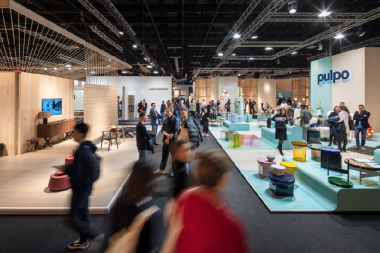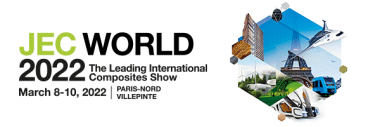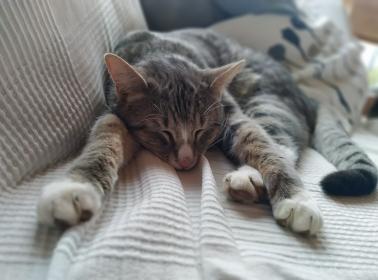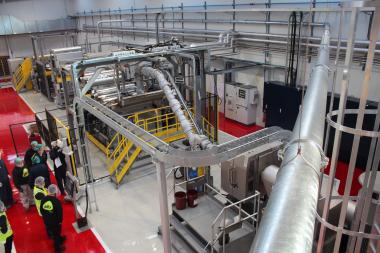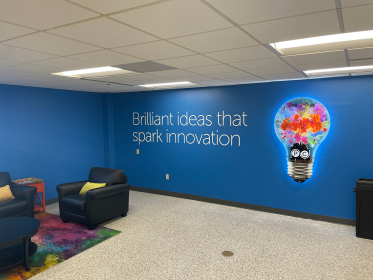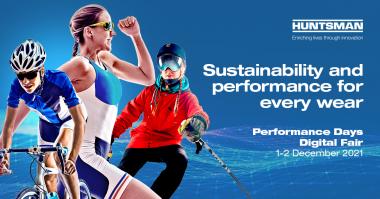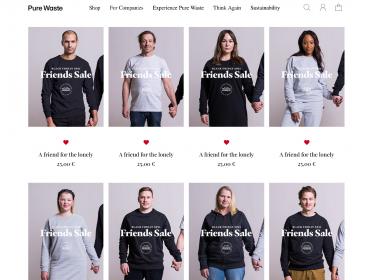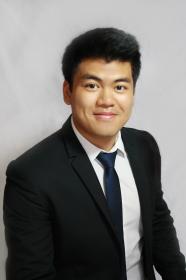imm cologne: Restart postponed to 2023
imm cologne will not take place on the planned dates in January 2022 in Cologne. The executive board of Koelnmesse reached this decision in close consultation with the Association of the German Furniture Industry (VDM) and in agreement with other well-known industry representatives at the international level. "This step is restricted exclusively to imm cologne and its specific requirements for trade fair operations. We are principally planning, as before, to carry out our spring events in 2022. The political guidelines allow for this, and, following the excellent and safe course of the past autumn trade fairs, this must remain our mission in the interests of the participating industries“, says COO Oliver Frese.
The VDM, as the industry sponsor of the event, and against the background of the current pandemic situation, sees the economic success of the event and thus the successful restart of imm cologne in January as extremely endangered. "Following consultation with numerous exhibitors, industry representatives and trading partners, there is either no question of participation on the part of German exhibitors or exhibitors from the German-speaking region, or this is very much in doubt", according to Jan Kurth, CEO of the VDM. Similar feedback also came from many European countries.
"The current special basic conditions in the interior design industry make the practicability of imm cologne almost impossible", according to Oliver Frese. "We didn't make this very bitter decision easy for ourselves, but consider it to be our obligation to take this step now in close consultation with the industry. In this way we provide clarity and planning security in the interests of our exhibitors. In our shared perspective, an imm cologne with its claim as a leading trade fair for the interior design industry is not realisable in the current situation", the COO continues. "We are currently working actively on options for also still being able to offer exhibitors of imm cologne an attractive trade fair presence at the international level. Here, both spoga+gafa and ORGATEC present excellent alternatives in the interior design portfolio of Koelnmesse".
The cancellation is restricted to imm cologne and expressly does not include other B2B events planned for spring 2022 in Cologne. In autumn, the Cologne art fairs and the nutrition fair Anuga, among others, demonstrated that trade fairs are also once again possible at the international level and can be carried out safely for everyone. It is currently quite clear how differently individual industries are reacting to the present situation. "We have determined a heterogeneous estimation among the exhibiting companies in the face of the enduring pandemic situation in Germany", according to Oliver Frese, COO of Koelnmesse. The assessments vary in degree specific to different industries, "sometimes with a greater impact on the respective trade fair and sometimes hardly palpable", the COO continues. "In the interests of cooperation in a spirit of trust, we are of course communicating closely with our industries and customers, in order to be able to reach just these kinds of industry-specific decisions," according to Frese.
The hygiene and safety concept of Koelnmesse, which remains entirely in keeping with the decisions of the Minister-President Conference and the Corona Protection Ordinance of NRW, stands for safe processes.
A positive picture was still taking shape for imm cologne as a whole with the end of the term for cancellation without penalties in mid-October: with 600 exhibitors from more than 50 countries, the event would still have been the largest and most relevant forum for the interiors industry, hosted in Europe’s biggest furniture market, even in this smaller form in terms of numbers.
The professional exchange and the networking between internationally active companies and highly qualified trade visitors provide the basis at every imm cologne for future-oriented innovations and the development of new business models. In this way, imm cologne ensures important business impulses for the industry. Koelnmesse, together with the VDM and the exhibiting industry, will therefore do everything possible to get a powerful and innovative imm cologne 2023 on its feet.
Koelnmesse / imm cologne


